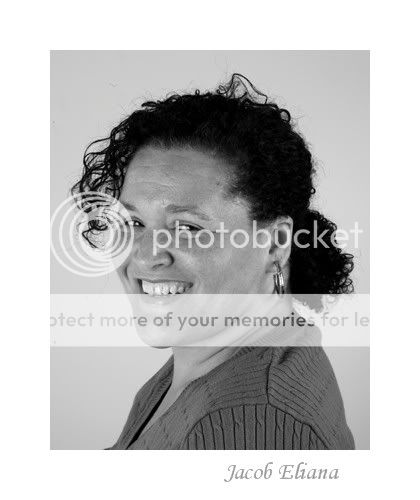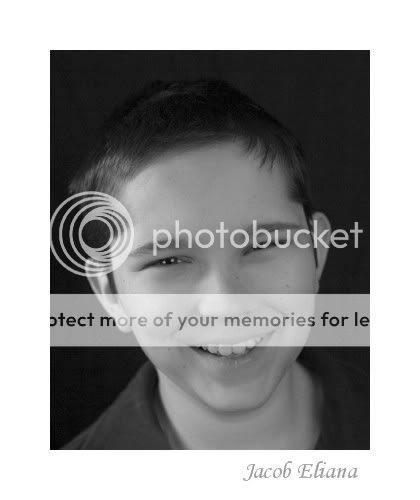So, maybe I should go out with a point and shoot.
This is an excellent idea. Here are two private aphorisms that I'll venture to share concerning how we experience movies and pictures:
a. Movies that have sound can be ruined by sound more than the technical quality of the picture
b. Pictures don't need detail to express ideas, emotion, beauty or any other human value
So it's fine to work with anything that simplifies, deconstructs or obfuscates the exact nature of things. Our brains get delight in the experience of working things out. As an example, you posted this over 15 months ago, something you waited for a year to show us!
This is over a year old now (366 days, in fact) but still arguably my best. "Dancing With Roger on Valentine's Day."
This is one of the most satisfying images I have seen. It's unusual, hardly technically perfect in defining the nature of the flower, but in that it has caused a spotlight to light it above so many other mages of blooms. That it is rare in your collection, is nothing unusual. This photograph provides a platform for us to feel emotions. If one in 1000 images are like ths, you are doing very well!
Or leave the camera put away (except for portraits) for a while.
Nope! Do some sketching with charcoal. Just shapes and have fun and no conscience! Keep you P&S with you always, as shadows and shapes will visit the room and you must be ready to fight with them.
My views on no camera photography:
1. Teaching Photography: one does not need a camera. It's about viewing and visiting museums.
2. For scouting: When in Italy, planning to photograph the
Ponte Vecchio again, for example, I'll arrive in the morning. I use my fingers to make a rectangle and then march around, unencumbered, (but rather stupid looking), working out all sorts of framing ideas, knowing where light will come at sunset, light fades from beauty to impossible in 15 minutes. When I return, it's just a matter of setting up the tripod, getting the reading correct and aiming.
Or maybe I should shoot concepts or emotions. But walk away? Hahahaha! Nope.
Rachel,
You are a psychologist! That's your strength but also a weakness. You chastise yourself and expect too much. There's only so much cream in the best milk! It will rise to the top!
As a modern woman, knowing you are mortal, you cannot expect to be inspired each and every day, (as life continues to vanish without our control), but continue on your projects you started and they will blossom like that flower above that brought joy to you, yourself, and to so many others by sharing. This is all we can do! It's then, the works we leave behind in our children and those that we influence, that gives a measure of immortality. This, I think is the underlying struggle we have with motivation in our lives.
Yes, you will have cyclothymic episodes, but so do I, LOL! This can be a roller coaster to ride and a source of looking at things from different perspectives of hope.
Just
don't put your little camera down as you cling on for the ride!
Asher



